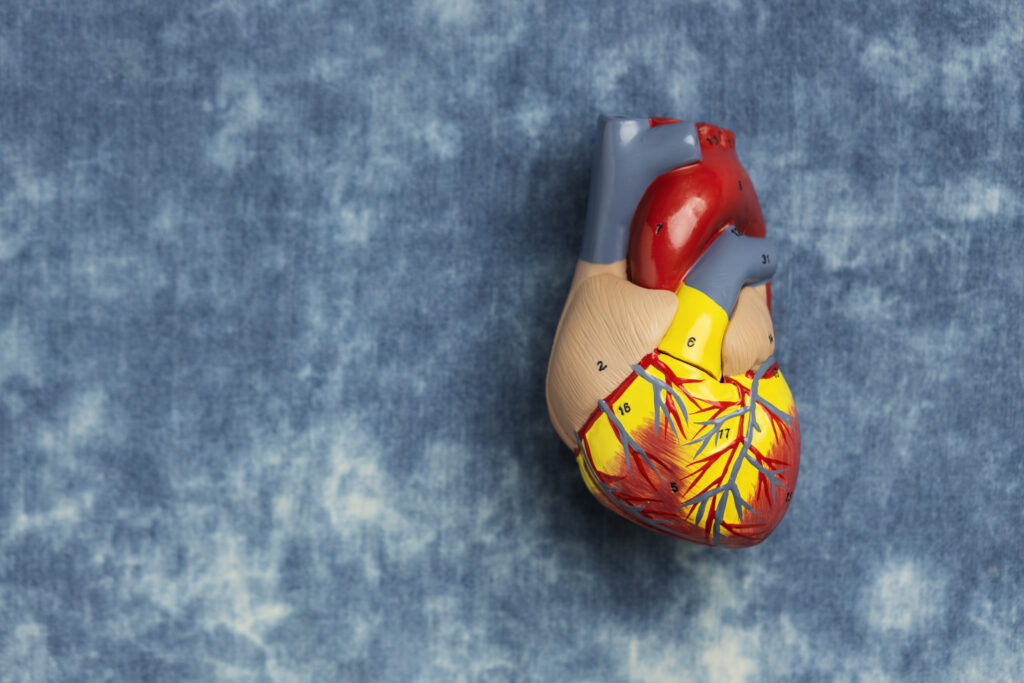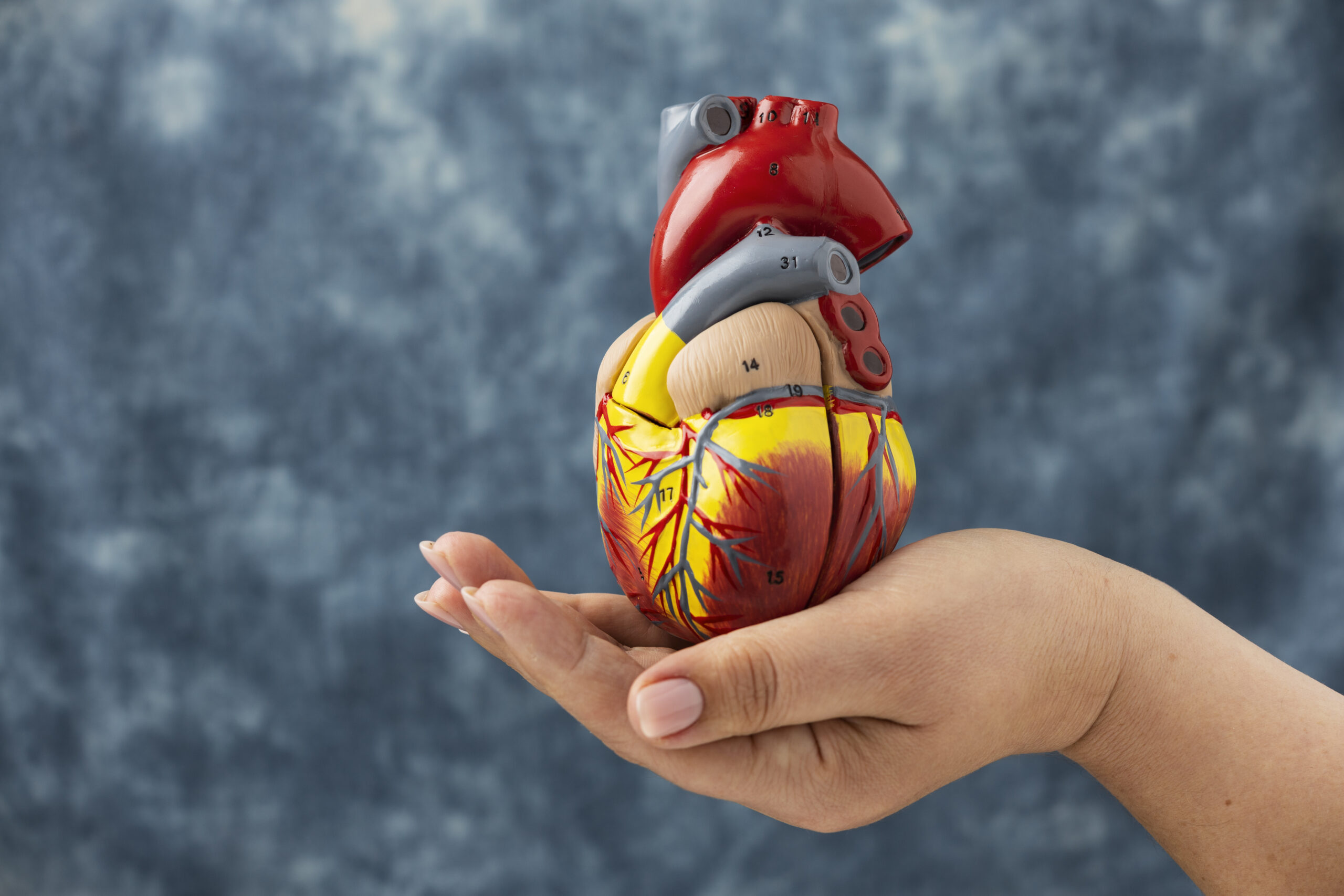Contents
Read DISCLAIMER
Explore the world of cardiovascular system alterations brought on by aging. Learn about the changes that occur to your heart as you age and receive knowledge on how to keep your heart healthy.

Introduction
As we get older, the cardiovascular system, an intricate network of the heart and blood arteries, experiences a number of changes. The structure and operation of our heart and blood arteries may be impacted by these changes. It’s essential to comprehend how the cardiovascular system ages in order to keep ideal heart health and general wellbeing. We’ll explore the changes that occur inside your cardiovascular system as you progress through various life phases in this tutorial.
Age-Related Changes in the Cardiovascular System
Our cardiovascular system changes in many ways as we age. These modifications may have an effect on circulation, general vigor, and heart health. Let’s investigate the progression of the cardiovascular system with aging:

1. Early Adulthood: Laying the Foundation
Heart Rate and Efficiency: A mature cardiovascular system is indicated by a heart rate that gradually gets a little lower and more efficient.
Blood Vessel Flexibility: Blood vessels keep their flexibility, providing effective blood flow and ideal circulation.
Blood pressure stabilizes, a sign of the body’s adaptability and cardiovascular health.
2. Midlife: Balancing Act
Heart Function: The heart’s ability to pump blood remains robust, but minute structural alterations may take place.
Cholesterol Levels: The need of leading a heart-healthy lifestyle may be highlighted by the possibility of rising cholesterol levels.
Blood Vessel Health: Blood vessels continue to be flexible, although they might start to get stiffer.

3. Late Adulthood: Embracing Changes
Heart Strength: A minor reduction in the heart’s muscle strength might result in less efficient pumping.
Changes in Blood Vessels: Blood vessels may stiffen, raising the risk of hypertension and decreased circulation.
Plaque Accumulation: As plaque builds up in the arteries, blood flow and general heart health may be impacted.
4. Lifestyle and Heart Health
Physical Activity: Maintaining cardiovascular health, improving circulation, and lowering the risk of heart disease all depend on regular exercise.
Nutrition: Supporting general cardiovascular health is a diet high in fruits, vegetables, lean meats, and whole grains.
Stress Management: Using relaxation methods to manage stress improves heart health and general quality of life.
Alcohol and Tobacco: Significantly promoting heart health include abstaining from cigarette use and limiting alcohol use.

5. Medical Interventions and Monitoring
Medications: Medicines may be administered to control blood pressure, cholesterol, and other cardiovascular variables depending on a person’s specific health needs.
Regular Check-ups: Regular doctor’s visits enable the monitoring of heart health and, if necessary, early intervention.
Screenshots: Monitoring for diseases like diabetes and hypertension on a regular basis is essential for preserving heart health.
Frequently Asked Questions (FAQs)
Can age-related cardiovascular changes be reversed through exercise?
While exercise can improve cardiovascular health, it might not reverse all age-related changes. However, it can significantly slow down their progression.
Are heart palpitations common as you age?
Yes, occasional heart palpitations can be common with age and are often harmless. However, persistent or severe palpitations should be evaluated by a healthcare professional.
How does genetics influence age-related cardiovascular changes?
Genetics can play a role, but lifestyle factors like diet and exercise have a significant impact on cardiovascular health, potentially influencing the rate of changes.
What is the role of medication in managing age-related heart changes?
Medications can help manage specific cardiovascular conditions and contribute to overall heart health. Consult a healthcare professional for personalized guidance.
Can a heart-healthy diet prevent age-related changes in the cardiovascular system?
A balanced diet rich in nutrients can reduce the risk of certain cardiovascular issues associated with aging and promote heart health.
Is heart disease an inevitable outcome of aging?
While some changes are natural, adopting a healthy lifestyle and following medical advice can significantly mitigate the risk of heart disease.
Conclusion
Making decisions regarding one’s heart health is made easier for people when they are aware of the changes the cardiovascular system undergoes with age. You may go through life with a robust and adaptable cardiovascular system by adopting a heart-healthy lifestyle, being proactive with checkups, and remaining aware about the changes that take place as we age.
